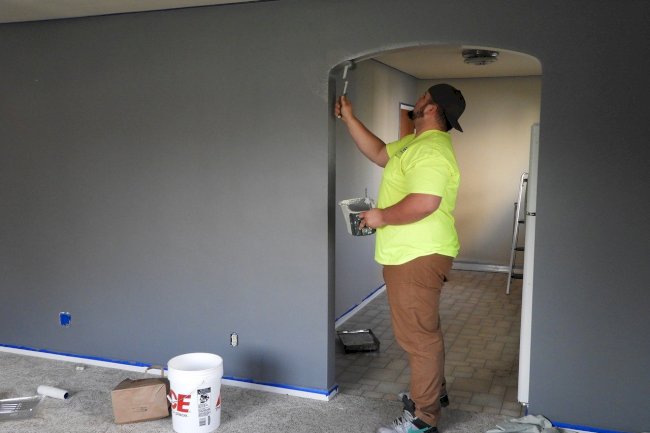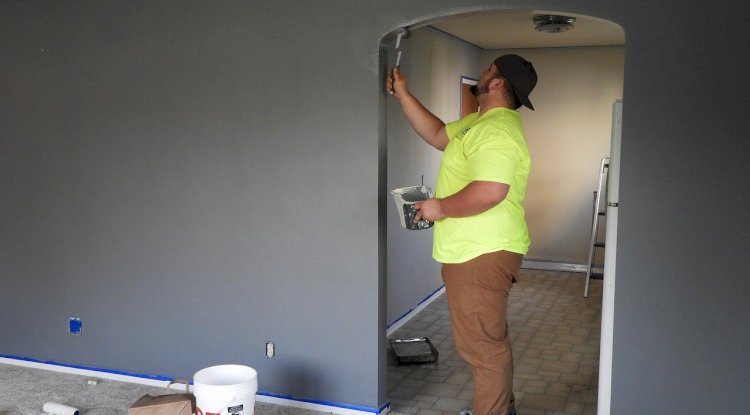Why is the Rent Agreements usually 11 months?
Why is the Rent Agreements usually 11 months?

The survey shows that 20% of all landlords who advertise rental properties on websites want tenants to live for at least one year. Why are the rent agreements usually only signed for 11 months, that is, 1 month less? One year?
"If the rent period is longer than one month, such as 12 months, various laws will come into effect, complicating the process for tenants and landlords. To avoid this, the lease period is 11 months, no matter how long the landlord wants to rent. , This contract is extended again to avoid various complications for both parties. Brajesh Mishra, lawyer at the High Court of Punjab and Haryana.
"From a monetary point of view, if the lease contract is signed for more than 11 months, it will be difficult for the tenants. Is expensive. From a legal point of view, this is quite troublesome for the owner. -Added Misra. Let us now understand the monetary and legal implications of signing an 11-month lease.
-
Currency influence
If the renting period is extended for one year or more, the parties to the transaction must pay stamp duty and registration fees. According to Article 17 of the Registration Law of 1908, real estate lease registration is a mandatory requirement for annual or longer term or annual lease registration, so this article applies to the signing of a one-year lease. This will significantly increase the rental cost, in this case, the tenant will have to be responsible for printing and registration.
For example, in Uttar Pradesh, the rent stamp duty is 4% of the annual rent plus the deposit, and the registration fee is 2% of the rent deposit. The average annual rent must be paid as stamp duty, and the standard registration fee is Rs 1,100. In Haryana, the rent stamp duty is 1.5% to 3% of the average annual rent, depending on the lease period specified in the document. Depending on the rent, the registration fee ranges from 1,500 to 16,000 rupees.
-
Legal influence
Rent agreements that are made under the provisions of The Indian Easements Act, 1882, such as: According to the Rent Control Act, the license and the 11-month license agreement are invalid. Its scope-sign all lease contracts for at least one year. These ancient laws were widely used worldwide after the Second World War, setting strict rules that made it especially difficult for homeowners to rent out.
For example, by renting out houses in accordance with the law, it is difficult for them to reconsider the rent and terminate the tenant.
For example, under the Delhi Rent Control Act, homeowners can increase rents by 10% every three years—the usual practice is to increase rents by 10% every year. If they convert the apartment with the tenant’s prior consent, the landlord can increase the rent up to 15% of the value of the extension of the apartment.
In Maharashtra, an annual increase of 4% is allowed, while in Haryana, an increase is not allowed for five years after the fair rent is determined. Including Punjab and Tamil Nadu, homeowners cannot increase rent unless some renovations are carried out. In order to improve the property with the consent of the tenant, the increase should not exceed one percent of the total value of the house.
On the other hand, according to Article 106 of the Land Acquisition Act, the landlord can immediately initiate an eviction action against the tenant after the expiration notice expires, but if a fixed rent is applied, there is no such procedure. Laws, if they cannot prove any reason for eviction under the current laws of the state.
What's Your Reaction?




















